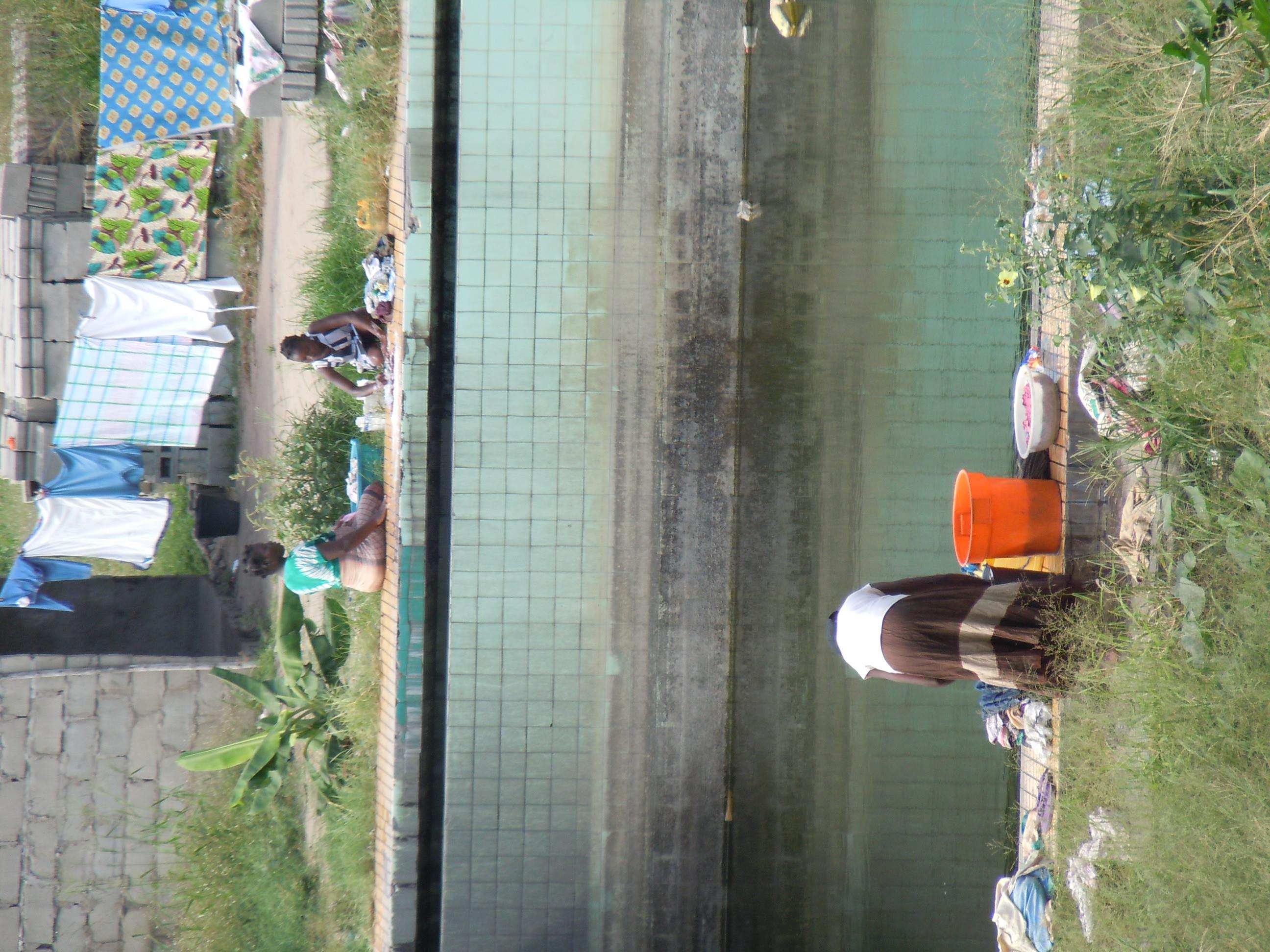Carrying Larger Populations
19 January 2023
Industrialization increases the population carrying capacity of land. All else being equal, an industrialized country can carry (feed, clothe, house, etc.) more people than an unindustrialized country. As a country industrializes, its population will increase to its new carrying capacity and generally live longer, healthier, comfier lives. Industrialized means of technology and organization, including labor specialization and medicine, make this possible.
As Andrew Jackson put it in his annual address to congress in 1830:
What good man would prefer a country covered with forests and ranged by a few thousand savages to our extensive Republic, studded with cities, towns, and prosperous farms embellished with all the improvements which art can devise or industry execute, occupied by more than 12,000,000 happy people, and filled with all the blessings of liberty, civilization and religion?
Preserving traditional life in any real sense means banning technology and civic development. Any return to tradition as more than just a fashion accessory also necessarily means drastically reducing population numbers down from industrialized levels. Whether in decolonized Africa or in Western countries that yearn for a simpler and more authentic existence, decolonization necessarily means deindustrialization which necessarily means both lowered standards of living and significant depopulation. Traditional life depends upon the low ratio of people to land that existed before industrialization, that “country covered with forests and ranged by a few thousand savages.”
The reason poverty increases in decolonized countries is very simple. Colonization had increased the carrying capacity of the land and populations had consequentially increased to meet this new capacity. Decolonization ended or seriously impaired the systems and classes of people that were necessary to maintain the increased carrying capacity. This is not to say that only colonizers can do the jobs required or possess the necessary skills. Many of the colonized had already acquired such skills and were successfully performing at these jobs. But at the time of decolonization, not enough of them did so to the degree needed to maintain the already existing increased population levels. This left the economy and civil service in a crippled state and the population with increasingly insufficient food, housing, medical attention, etc.

|
|
This is what Ian Smith was talking about when he repeatedly said that Rhodesia was not yet “ready” for majority rule and refused to put a deadline on when it would be ready.
Once the level of technological and civic service falls below what is necessary for carrying the existing population, it is almost impossible to regain because the dynamic is now negative, continually collapsing inward. Even people who have the skills will not use them to the greater good when everyone lives in hunger and fear. The powerful use their power to enrich themselves so they can buy loyalty. Talented people of all backgrounds leave the country. Outside investment will not invest in such a society. Foreign aid only aids the powerful and intensifies the entire negative dynamic.
The risk inherent in increased population capacity is not only financial ruin. It also brings the risk of political instability since the stabilizing social forces of tradition have been enfeebled. This is why the first generation of revolutionary African leaders all either became vicious autocrats or were assassinated, or both.
Western countries, too, all suffered labor unrest, political extremism, and wars while they first industrialized and their populations were in a state of rapid increase. In a way, the modern world has never completely recovered from the loss of traditional life. George Orwell attributed the fanaticism and bad faith he saw pervading politics in the twentieth century to “the ghastly emptiness of machine civilisation.” Orwell himself was an atheist but he lamented that more people could not somehow be induced to believe in God again for the good of society. Still, the west, for the most part, never lost the engine of technological innovation and civil society. The loss of traditions was simply the price to be paid.
Decolonization, on the other hand, destroyed the very things people had given up their traditions for. They ended up with the worst of both worlds. There is something to be said for the simplicity of traditional hunter-gatherer and herder societies. Penniless Bedouins, American Indians, Bushmen, and Gypsies all look down on farmers and town-dwellers as a free man looks down on slaves. Even though the settled people are better fed, the nomad feels those people have given up their souls. By comparison, there is nothing noble about industrialized urban poverty. There is nothing romantic about hunting and gathering garbage in the ruins of an affluent society and especially when, as is always the case, the new ruling class enjoys its privileges on the other side of town. As Smith put it: “Africans generally are among the poorest people in the world, while their politicians are among the richest.”
Western visitors to Africa are often shocked not only by the material deprivations they see but by the moral sense of human degradation.

|
|
The more colonization improved life, the more there was for decolonization to destroy and hollow out. Botswana, which was only a British protectorate for a brief period, is stable relative to most of its neighbors. Malawi may be badly off, but not much more badly off than it ever was. Zimbabwe, on the other hand, was in the early 1980s still very modern and optimistic. In terms of per capita income, it hasn’t fallen quite so far so as to lag Malawi, but it does now lag Zambia, which during the Central African Federation period was far behind it. In terms of political stability and repression, as far as these things can be quantified, Zimbabwe probably lags both Zambia and Malawi. And Botswana.